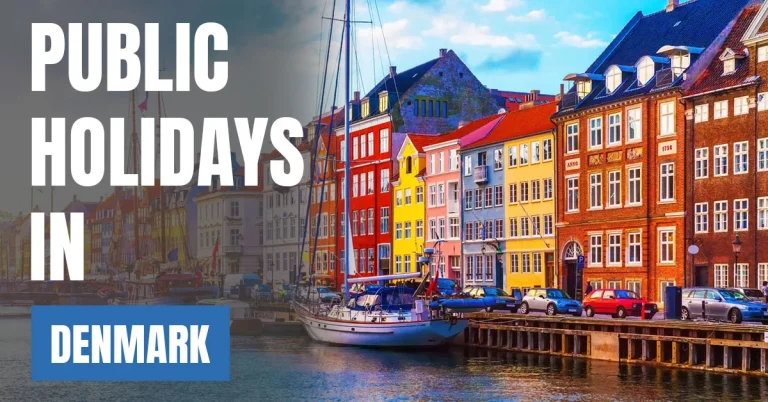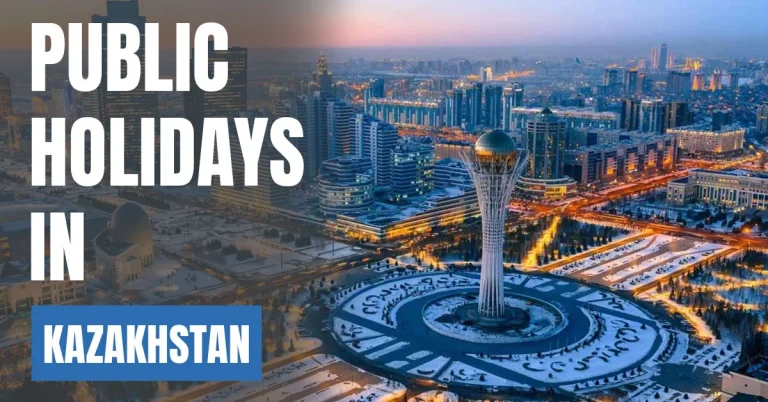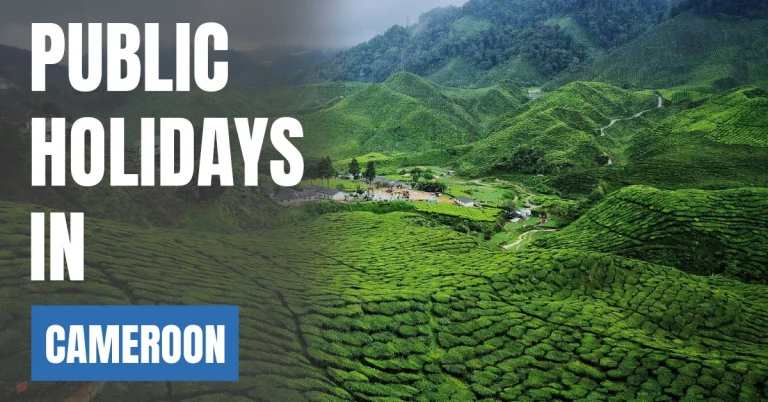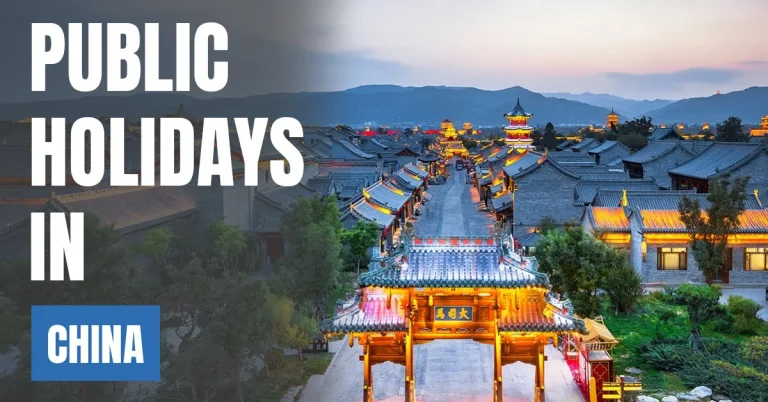Public Holidays in Bolivia 2025 – National & Cultural Calendar
Bolivia observes a rich mix of public holidays that showcase its Andean heritage, Catholic traditions, and national milestones. From Carnival in Oruro to Independence Day, these observances unite communities across the altiplano and lowlands.
Overview of Public Holidays in Bolivia
Bolivian public holidays include national commemorations, Catholic feast days, and indigenous celebrations. Government offices, banks, and schools typically close on official holidays, while cultural festivals bring parades, dances, and markets to cities and towns nationwide.
List of Public Holidays in Bolivia (2025)
| Holiday | Date (2025) | Day | Significance |
|---|---|---|---|
| New Year’s Day | January 1 | Wednesday | Welcomes the new year with family gatherings and fireworks. |
| Plurinational State Foundation Day | January 22 | Wednesday | Marks the founding of the Plurinational State of Bolivia (2009). |
| Carnival (Carnaval) | March 3–4 | Monday–Tuesday | Nationwide festivities; the Oruro Carnival is UNESCO-listed. |
| Sea Day (Día del Mar) | March 23 | Sunday | Commemorates the loss of Bolivia’s coastline in the War of the Pacific. |
| Maundy Thursday | April 17 | Thursday | Christian observance before Good Friday; many attend evening services. |
| Good Friday | April 18 | Friday | Christian holy day commemorating the crucifixion of Jesus Christ. |
| Labour Day | May 1 | Thursday | Celebrates workers’ rights and social achievements. |
| Corpus Christi | June 19 | Thursday | Catholic feast with processions and parish celebrations. |
| Aymara New Year (Willkakuti) | June 21 | Saturday | Indigenous Andean New Year celebrated at sunrise at sacred sites. |
| Independence Day | August 6 | Wednesday | Marks independence from Spain in 1825; parades and civic ceremonies. |
| All Souls’ Day (Día de los Difuntos) | November 2 | Sunday | Families honor ancestors with tantawawas, altars, and cemetery visits. |
| Christmas Day | December 25 | Thursday | Celebrates the birth of Jesus; nativity displays and midnight mass. |
Note: Some religious holidays follow the liturgical calendar and may be adjusted by official decree.
Note: Some religious holidays follow the liturgical calendar and may be adjusted by official decree.
Religious and Cultural Significance
Bolivia’s calendar blends faith and heritage. Carnival features devotions to the Virgin of Socavón alongside folk dances. Corpus Christi and Good Friday are solemn, while Aymara New Year welcomes the sun with rites at Tiwanaku and other sacred sites. Independence Day and Sea Day foster national pride and remembrance.
Public Observances and Closures
On official holidays, government offices, banks, and schools close. Public transport runs reduced schedules, though markets, plazas, and churches become focal points for celebrations, especially in La Paz, Oruro, Santa Cruz, and Cochabamba.
Frequently Asked Questions (FAQs)
How many public holidays does Bolivia have?
Bolivia typically observes 12–14 public holidays each year, including national, Catholic, and indigenous observances.
Is Carnival a public holiday in Bolivia?
Yes. Carnival Monday and Tuesday are public holidays, with major celebrations in Oruro and across the country.
What is Aymara New Year?
Aymara New Year (Willkakuti) on June 21 celebrates the Andean solar new year with sunrise ceremonies and cultural events.
Does Bolivia observe religious holidays?
Yes. Key Catholic holidays include Good Friday and Corpus Christi, widely observed nationwide.
Conclusion
Public holidays in Bolivia reveal a living tapestry of devotion, heritage, and civic pride—from solemn Holy Week rites to the vibrant rhythms of Carnival and Andean New Year.
Also Explore: Public Holidays in Bhutan




